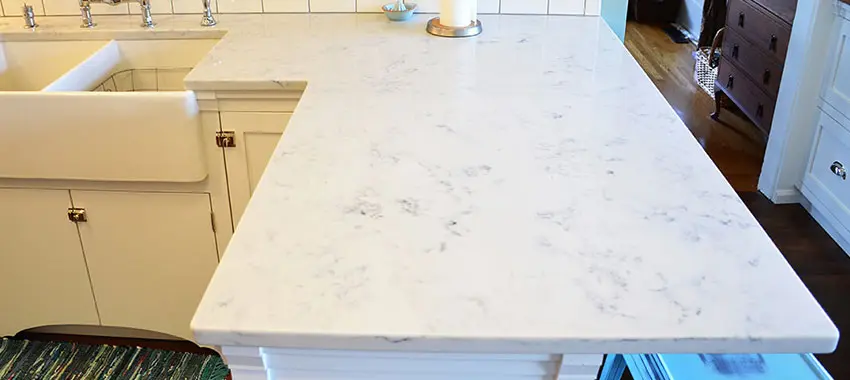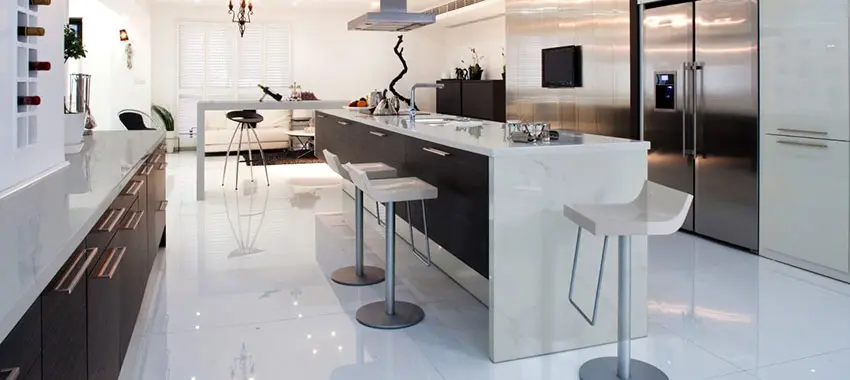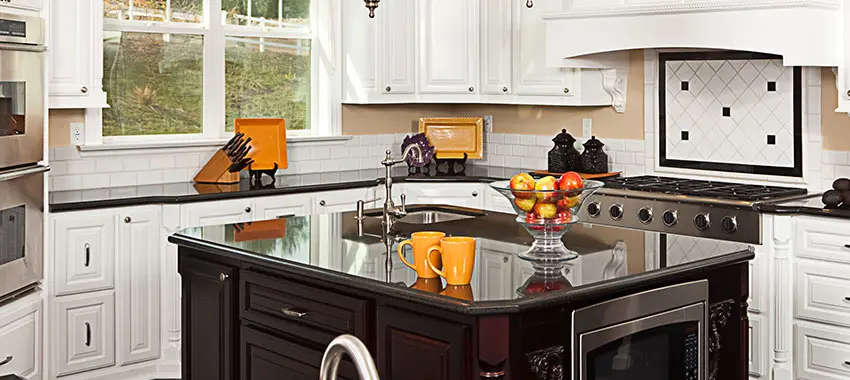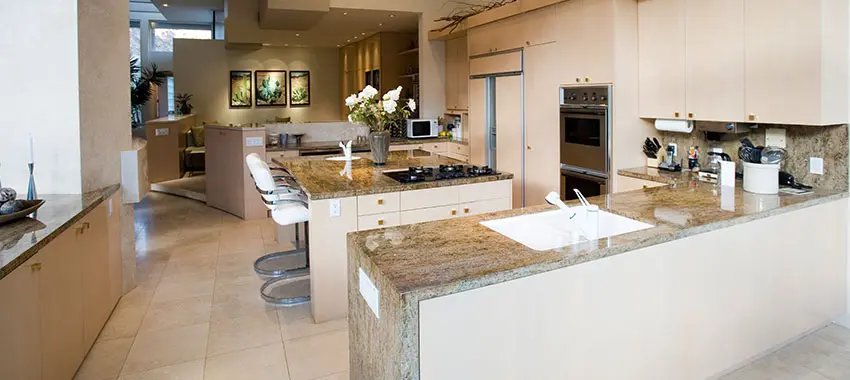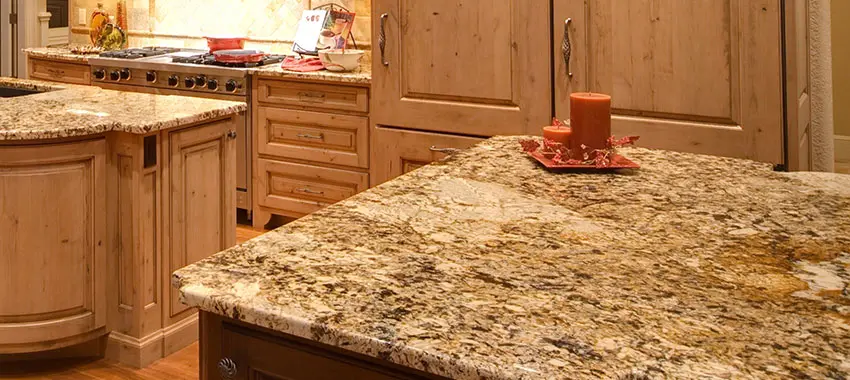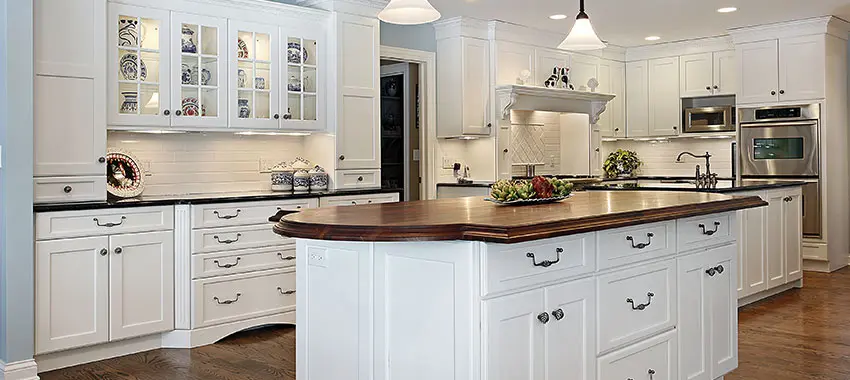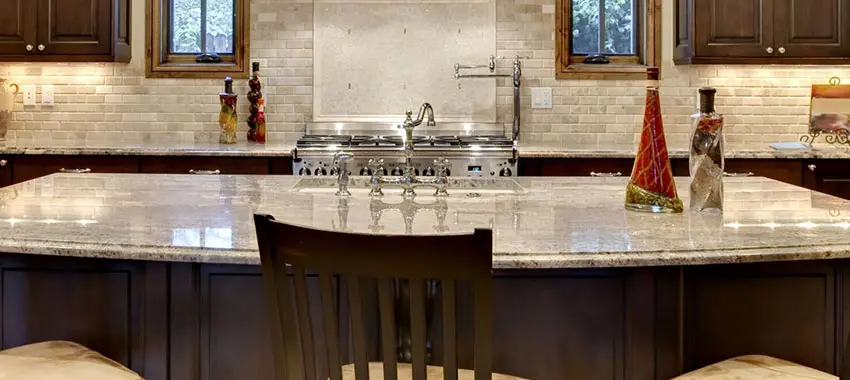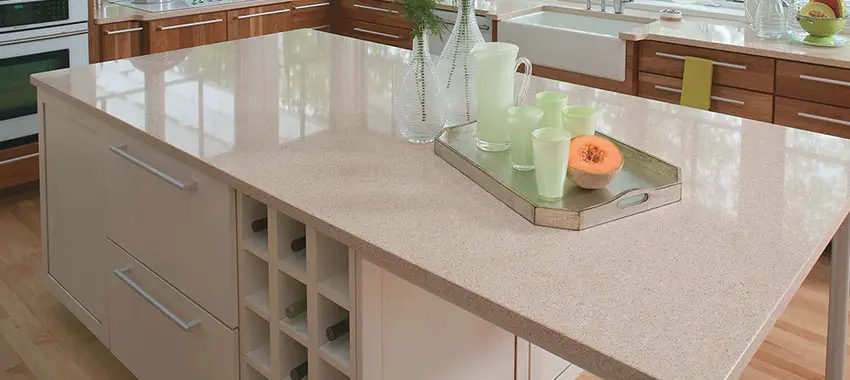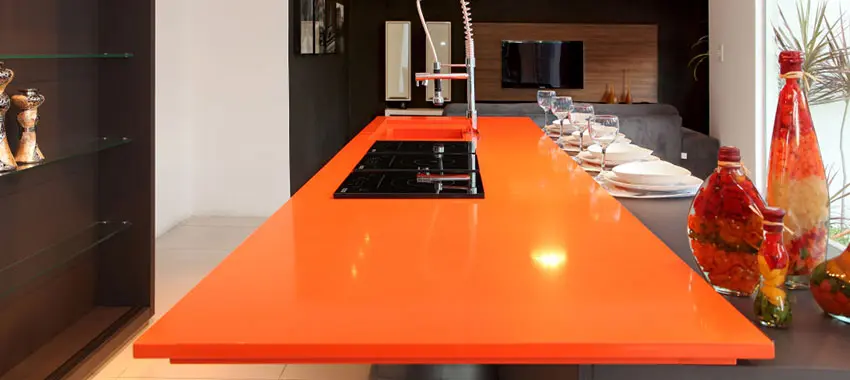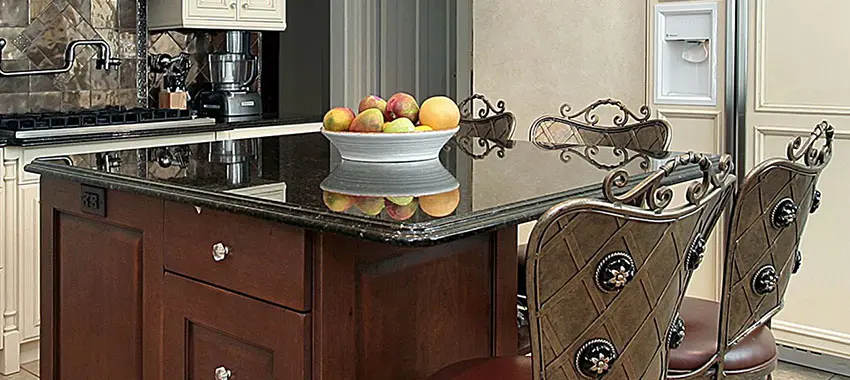Oct
Is Quartz Cheaper Than Granite Countertops?
Quartz and granite countertops are two of the most popular countertop materials. Since both are premium, high dollar materials, most homeowners can’t tell which to go for, so you will often hear them asking, is quartz cheaper than granite?
It’s hard to tell whether quartz is cheaper than granite as the price of each depends on plenty of factors such as:
Color: Rare colors will be more expensive than popular colors. For example, since granite is manufactured from natural stone, some colors will be hard to find hence more costly. Quartz is engineered so it can be made to mimic these colors, making it relatively less expensive.
Thickness: Of course, thicker slabs will be much costlier regardless of the material you are using.
Source and shipping cost: Where you are getting the materials will significantly affect the price of the countertops. For example, if getting the stones from China, they will be relatively cheaper than if getting them from Italy.
Since you have to ship both granite and quartz from overseas, their prices will be dependent on petroleum prices, tariffs, and other factors.
Installation: The final factor that will affect the cost of the countertops is their cost of installation. Some contractors will charge more than others. To avoid paying hefty amounts on your countertops, take time to research, and ensure you pay the correct amount for the pieces and their installation.
Other ways the countertops compare
Other than the cost issue, there are plenty of ways in which the countertops vary. This includes:
Composition
For those that don’t know, granite is purely natural as it comes directly from stone quarries then cut into thin slabs that are polished and fabricated into countertops.
Quartz countertops, on the other hand, are engineered stones containing large percentages of natural quartz but may also include other minerals. The slabs aren’t from quarried stone but rather from stone byproducts that are ground up and formed into slabs for countertops and other products.
Appearance
Since granite is natural, it tends to have a unique pattern and color that gives your home a unique, enticing appearance. Quartz, on the other hand, is more uniform in appearance, although you will find some pieces with unique colors and patterns, including some pieces that resemble granite in all ways.
The countertop you choose is solely dependent on your preference. If looking to give your surfaces a unique look, go with granite countertops.
Radon emissions
Although quartz is engineered, it’s good to note that it’s made from natural products (93%) with the remainder being color pigments and polymer resins that bond the materials together. Granite countertops are made from 100% stone, and they need to be quarried out of the earth.
Around 2008, there was media-induced fear regarding radon emissions from granite. Studies have shown that little or no radon is emitted from granite or engineered stone countertops, so you don’t have to worry about radiation when installing either of the countertops.
DIY installation
Unless you have a small project, you should avoid attempting to install the countertops by yourself. Both granite and quartz are extremely heavy materials and need expert skills to install them properly. If you are spending top dollar to buy high-quality materials, it doesn’t make sense risking installing the countertops and damaging them.
For proper installation and peace of mind, you won’t have to replace the pieces after a few years, let expert countertop technicians handle the installation.
Maintenance
Both granite and quartz are tough and durable materials, so there is no doubt that when you properly install them and take good care of them, they will give you a long service.
When it comes to maintenance, granite is porous, so it needs sealing to prevent it from staining. Granite also tends to have cracks and fissures that can be a source of weakness.
Quartz, on the other hand, doesn’t require any sealing, thanks to resins used in the fabrication of the slab. The material is also uniform throughout, so you don’t worry about it cracking after hiring an expensive quartz countertop installer Potomac to install the pieces.


